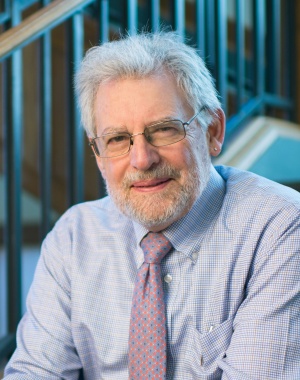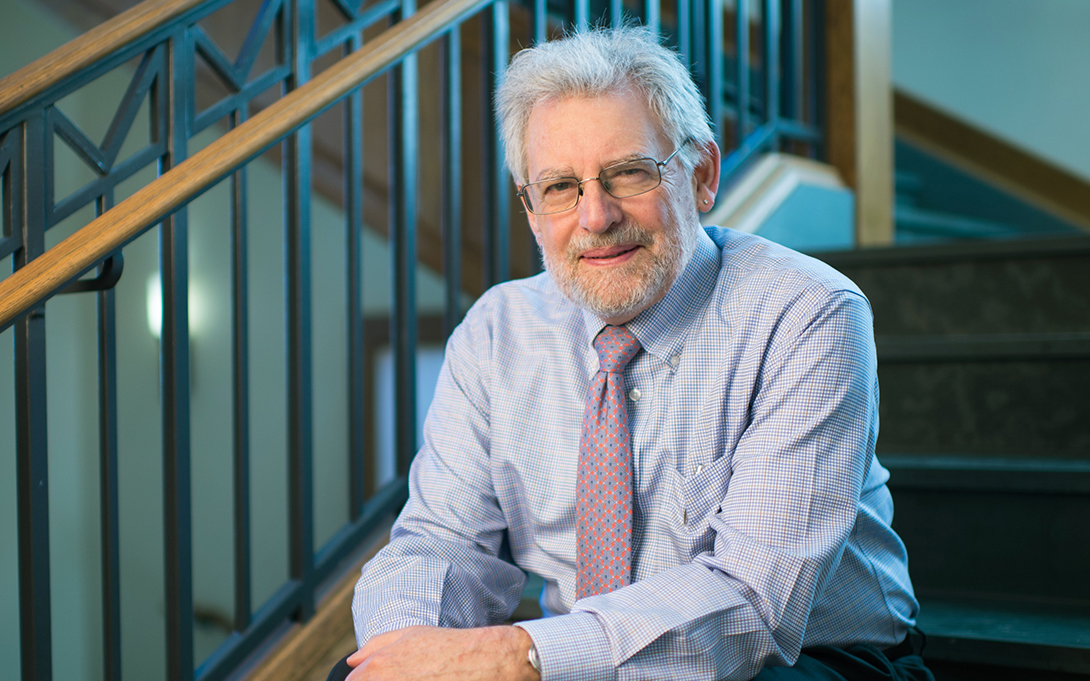
Society, the university, and how I spent the last 40-odd years
2021 Distinguished University Professorship Lecturers
Date & time
Location
This is a Virtual Event.
President Mark S. Schlissel and Provost Susan M. Collins invite you to join them online to honor and celebrate three Distinguished University Professorship awardees as they present on their career work in our 2021 lecture series, moderated by Michael J. Solomon, Dean and Vice Provost for Academic Affairs - Graduate Studies.
Watch live at https://myumi.ch/lbDUP
Paul Courant
Edward M. Gramlich Distinguished University Professor Emeritus of Economics and Public Policy, Provost Emeritus, Howard T. Shapiro Collegiate Professor Emeritus of Public Policy, Arthur F. Thurnau Professor Emeritus, Professor Emeritus of Information
Society, the university, and how I spent the last 40-odd years
Harold Shapiro has pointed out that the university is both a servant and critic of society. Professor Courant will take the perspective of a policy-oriented economist in this lecture, to talk about what universities do and how well they do it. He will use his own career to illustrate how policy-oriented economics can help to achieve the purposes of the university (very much including the humanities) while guaranteeing a splendid time for all.
Deborah Goldberg
Margaret B. Davis Distinguished University Professor Emerita of Ecology and Evolutionary Biology, Arthur F. Thurnau Professor Emerita, Professor Emerita of Ecology and Evolutionary Biology, College of Literature, Science, and the Arts
Ecology of the Anthropocene
The current geological era has been dubbed the Anthropocene because of the dominance of human influences on climate and the environment. Understanding how ecological systems are being affected by human activities and the underlying processes are critical for predicting and managing the consequences. In this talk, Professor Goldberg describes some of her work on the mechanisms driving ecological responses to global change, including addressing the challenges of prediction in ecology.
Judith Irving
Edward Sapir Distinguished University Professor Emerita of Linguistic Anthropology, College of Literature, Science, and the Arts
Linguistic difference and social stereotyping
This talk is about sociolinguistic stereotypes: how they are built, and what people do with them - the linguistic part of social stereotyping. Sociolinguistic stereotypes are not built independently, one by one. Instead, they are always comparative; they always presume a system of contrasts. That system organizes how the linguistic behaviors are embedded in a social and political world. Cross-cultural research shows that perceived differences in ways of speaking contribute to stereotyping and social categorization, and that linguistic and social behaviors that don't fit in the preconceived system are ignored, considered as marginal exceptions, or actively suppressed. In this talk, Professor Irving uses brief examples, drawn from the US and West Africa, to illustrate: regional stereotypes; linguistic enactments of social hierarchy; multilingualism, language mapping, and ideologies of ethnicity; and nonstandard language as anti-elite politics.
For more information, please contact the Office of University and Development Events at [email protected].
